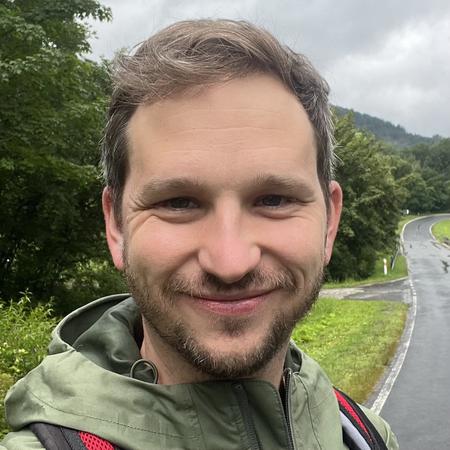 GenAI & Beyond
GenAI & BeyondConference50min
Unifying AI integration with Model Context Protocol
The talk introduces the Model Context Protocol (MCP), a standard for integrating AI models with external tools via a client-server architecture. Attendees will learn to use the MCP Java SDK and Spring AI MCP for building robust, context-aware AI applications, covering both client and server features through live coding and practical examples.

Christian TzolovBroadcom

Dariusz JędrzejczykSpring Team @ Broadcom
talkDetail.whenAndWhere
Thursday, October 9, 11:50-12:40
Room 10
Modern AI applications require more than simple API calls - they need to interact meaningfully with real-world systems.
The Model Context Protocol (MCP) standardizes how AI models interact with external tools and resources through a structured client-server architecture, facilitating robust AI application development.
The AI community worldwide keeps sharing MCP servers that enable client interactions that open truly remarkable and innovative applications.
This talk explores MCP's core capabilities and demonstrates how the MCP Java SDK with Spring AI MCP integrates AI into your existing applications. You'll learn to build server features (tools, resources, prompts) and use client capabilities (sampling, elicitation). We'll cover local, SSE, and streamable-HTTP transports, plus common utilities for progress tracking and logging.
Today's intelligent AI applications can understand context, guide decisions, and integrate seamlessly with external services. Through live coding and practical examples, we will illustrate how to implement both client and server components.
By attending this session, you will gain a practical understanding of MCP's standardized interfaces and architectural best practices. MCP enables you to build and extend AI-powered applications with agent-like capabilities.
Whether you're developing new AI-driven solutions or enhancing existing systems, this talk will equip you with the tools and strategies needed to leverage MCP effectively.
The Model Context Protocol (MCP) standardizes how AI models interact with external tools and resources through a structured client-server architecture, facilitating robust AI application development.
The AI community worldwide keeps sharing MCP servers that enable client interactions that open truly remarkable and innovative applications.
This talk explores MCP's core capabilities and demonstrates how the MCP Java SDK with Spring AI MCP integrates AI into your existing applications. You'll learn to build server features (tools, resources, prompts) and use client capabilities (sampling, elicitation). We'll cover local, SSE, and streamable-HTTP transports, plus common utilities for progress tracking and logging.
Today's intelligent AI applications can understand context, guide decisions, and integrate seamlessly with external services. Through live coding and practical examples, we will illustrate how to implement both client and server components.
By attending this session, you will gain a practical understanding of MCP's standardized interfaces and architectural best practices. MCP enables you to build and extend AI-powered applications with agent-like capabilities.
Whether you're developing new AI-driven solutions or enhancing existing systems, this talk will equip you with the tools and strategies needed to leverage MCP effectively.

Christian Tzolov
Christian Tzolov, R&D Software Engineer on the Spring team, co-leading Spring AI and MCP Java SDK projects. Committer and PMC member at Apache Software Foundation.
Christian helps Java developers build intelligent AI applications with a pragmatic approach that makes advanced AI concepts accessible for real-world enterprise systems.
Find my recent blogs below, plus my talks and LinkedIn posts.

Dariusz Jędrzejczyk
Maintainer of Project Reactor and MCP Java SDK, member of the Spring Team. Contributes to Spring portfolio projects. Passionate about developer productivity, distributed systems, concurrency, system design, and networking. Dariusz has commercial experience in Platform Engineering for large scale systems. He also delivered consulting and training in Java and Big Data solutions.

talkDetail.transcript.loginToSeeTakeaways
talkDetail.transcript.loginToSeeInsights
comments.speakerNotEnabledComments